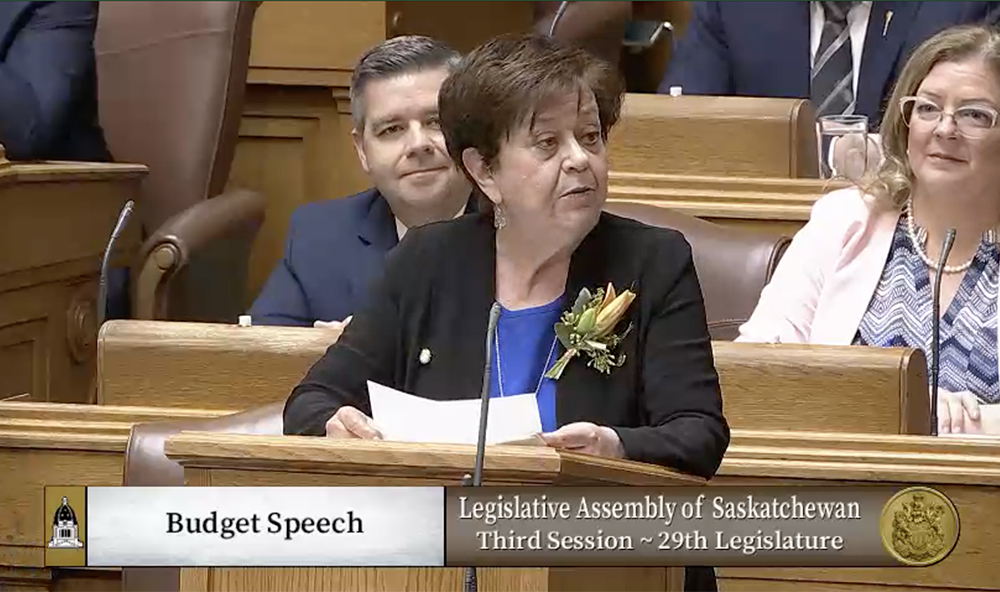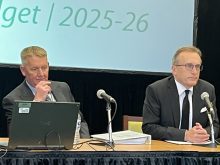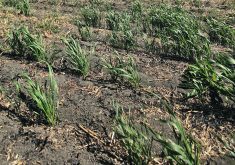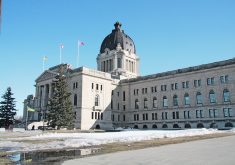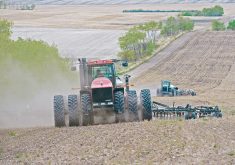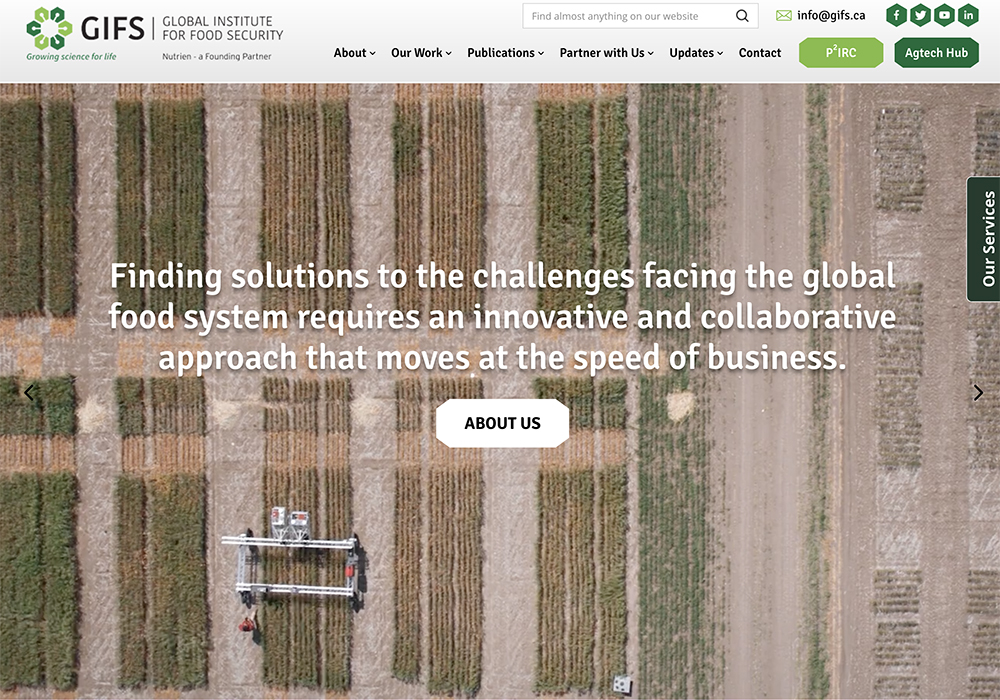Saskatchewan is forecasting a surplus of just more than $1 billion in the 2023-24 fiscal year and intends to pay down operating debt as a result.
Finance minister Donna Harpauer delivered the most recent budget, tagged Growth that Works for Everyone, March 22.
Revenue is expected to be $19.7 billion and expenses will be $18.7 billion, according to budget documents.
Read Also
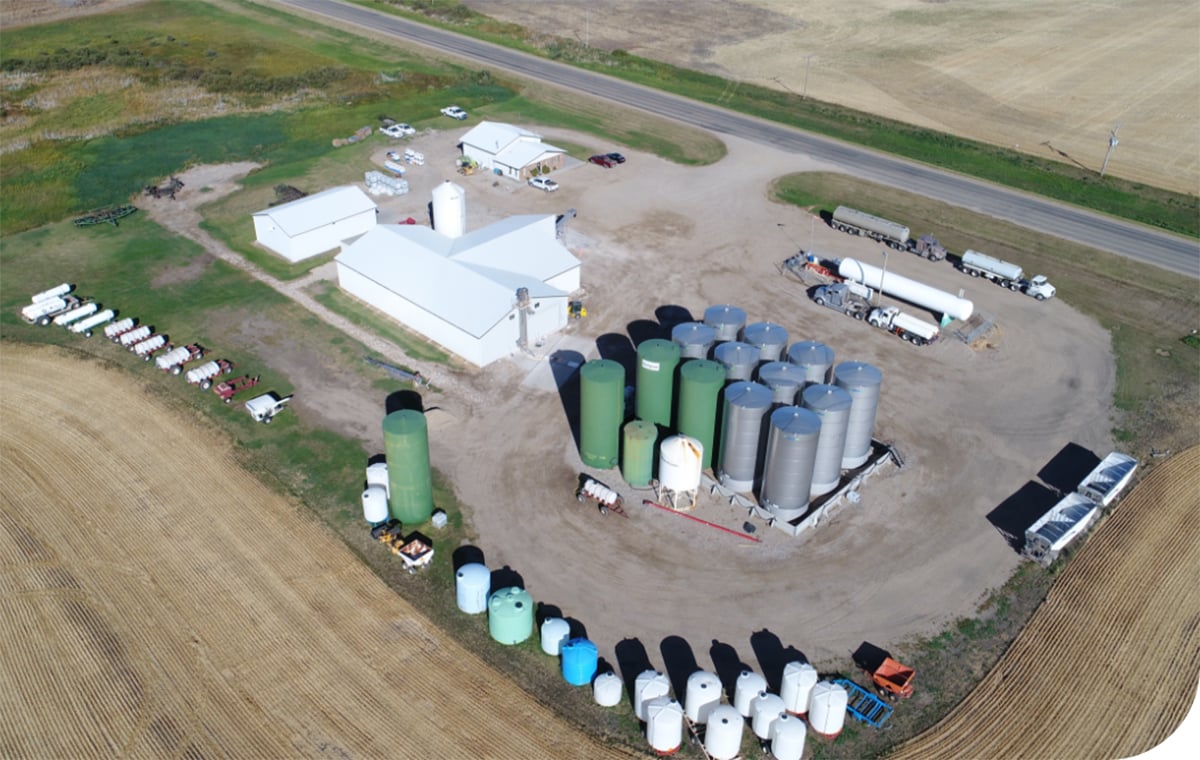
Saskatchewan Co-ops to acquire Blair’s locations
Blair’s Family of Companies will be turning over the operation of six ag retail locations in Saskatchewan to local Co-ops
The vast majority of the revenue, $9.7 billion, is coming from taxation, while non-renewable resources will contribute $3.3 billion.
The largest expenditures are in the health ministry, at $7 billion, and education, $3 billion.
The agriculture ministry budget was set at $546.253 million, including just less than $4 million in capital spending. Overall ag spending is $1.4 billion when expenses through other agencies, such as the Prairie Agricultural Machinery Institute, Prairie Diagnostic Services and other funds are included.
That pushes spending up 39 percent over last year.
As usual, business risk management programming is responsible for a significant portion of the funding at $408 million. That is up over last fiscal year, largely due to an extra $74 million for crop insurance premiums and $8 million more for AgriInvest.
The budget also includes $12.4 million in new funding for the Sustainable Canadian Agricultural Partnership strategic initiatives.
There are no new taxes or increases in this budget.
Two PST exemptions for agricultural producers are coming, one for rice harvesting boats and equipment and another for fruit and vegetable storage buildings. This is expected to cost the province $1 million in foregone revenue.
Record municipal revenue sharing was previously announced. It breaks down to $191 million for urban municipalities, $85 million for rural municipalities and $22 million for northern municipalities. The figure for RMs is $10 million higher than last year.
While the 2022-23 fiscal year has not yet been finalized, third-quarter documents show the government expects a surplus of $1.15 billion for that year as well. The budget originally forecast a deficit of $463 million.
Contact karen.briere@producer.com




